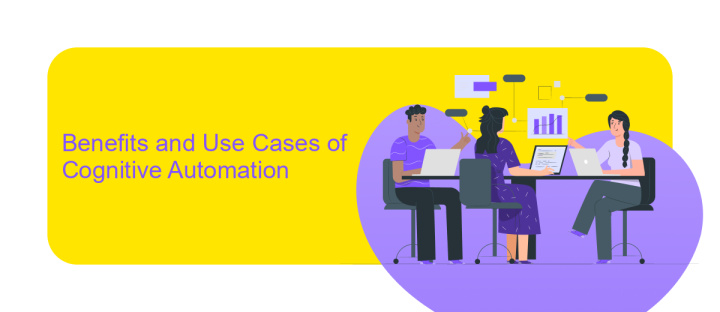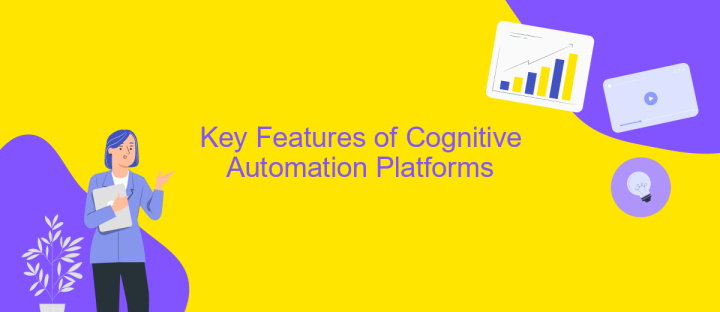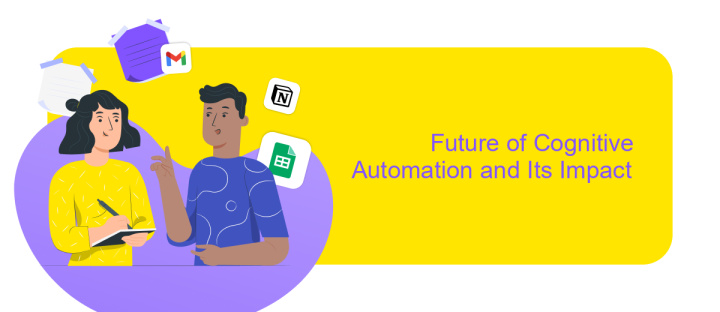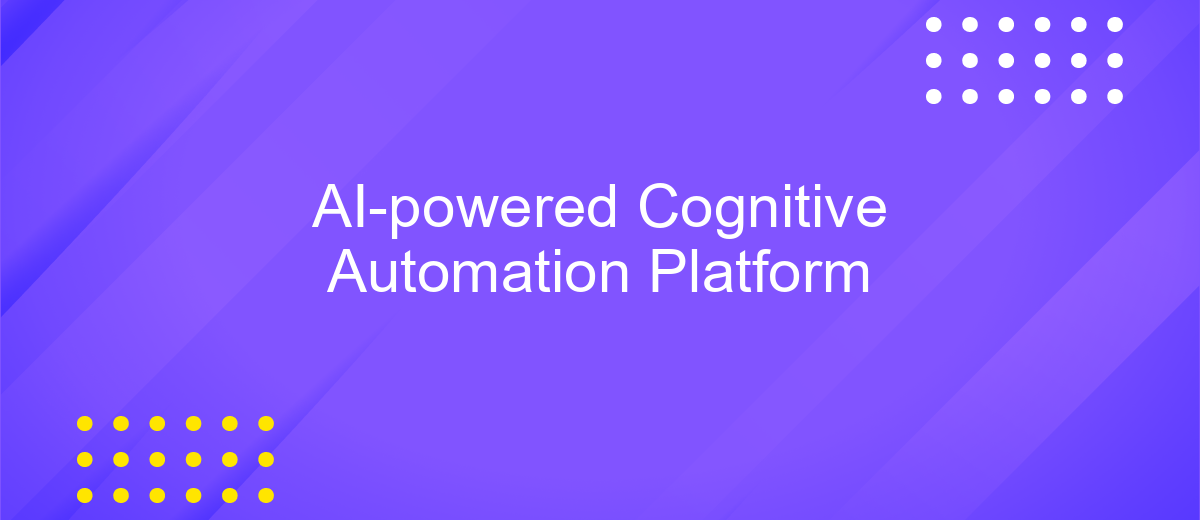AI-powered Cognitive Automation Platform
In today's fast-paced digital landscape, businesses are increasingly turning to AI-powered cognitive automation platforms to streamline operations and enhance decision-making. These advanced systems leverage artificial intelligence to automate complex tasks, analyze vast amounts of data, and provide actionable insights. By integrating cognitive automation, organizations can improve efficiency, reduce costs, and stay competitive in an ever-evolving market.
Introduction to AI-Powered Cognitive Automation
AI-powered cognitive automation is revolutionizing the way businesses operate by leveraging artificial intelligence to automate complex tasks. This technology mimics human cognitive functions such as learning, reasoning, and problem-solving to enhance operational efficiency and decision-making processes. By integrating AI into automation platforms, organizations can achieve unprecedented levels of productivity and innovation.
- Improved accuracy and consistency in task execution
- Enhanced decision-making capabilities through data analysis
- Reduction in operational costs and time
- Scalability to handle increasing workloads
- Ability to learn and adapt to new tasks over time
The adoption of AI-powered cognitive automation platforms is rapidly growing across various industries, including finance, healthcare, and manufacturing. These platforms not only streamline routine processes but also provide valuable insights that drive strategic initiatives. As AI technology continues to advance, the potential for cognitive automation to transform business operations and create competitive advantages becomes increasingly significant.
Benefits and Use Cases of Cognitive Automation

Cognitive automation, powered by AI, offers numerous benefits, including enhanced efficiency, reduced operational costs, and improved decision-making processes. By automating repetitive tasks, businesses can allocate human resources to more strategic roles, fostering innovation and growth. Additionally, cognitive automation enhances accuracy and minimizes errors, leading to higher quality outputs and increased customer satisfaction. The platform's ability to learn and adapt ensures continuous improvement, making it a valuable asset in dynamic business environments.
Use cases for cognitive automation span various industries. In finance, it can streamline fraud detection and automate compliance checks. In healthcare, cognitive automation aids in patient data analysis and personalized treatment plans. For marketing, the platform can optimize campaign strategies and customer segmentation. Integrating cognitive automation with existing systems is seamless with tools like ApiX-Drive, which facilitates smooth data transfer and real-time updates across multiple platforms. This integration capability ensures that businesses can leverage cognitive automation without disrupting their current workflows, maximizing both efficiency and effectiveness.
Key Features of Cognitive Automation Platforms

Cognitive automation platforms, powered by artificial intelligence, are revolutionizing the way businesses operate by automating complex tasks and decision-making processes. These platforms integrate advanced AI technologies to enhance productivity, reduce errors, and provide insightful analytics.
- Machine Learning Algorithms: These platforms use sophisticated machine learning models to analyze data, identify patterns, and make predictions, enabling more informed decision-making.
- Natural Language Processing (NLP): NLP capabilities allow the platform to understand and process human language, facilitating better communication and interaction with users.
- Robotic Process Automation (RPA): RPA automates repetitive tasks, freeing up human resources for more strategic activities and increasing overall efficiency.
- Data Integration: Seamlessly integrates with various data sources, ensuring a comprehensive and unified view of business operations.
- Real-time Analytics: Provides real-time insights and analytics, enabling businesses to respond quickly to changing conditions and make data-driven decisions.
By leveraging these key features, cognitive automation platforms empower organizations to streamline operations, enhance customer experiences, and drive innovation. The integration of AI technologies ensures that businesses remain competitive in an ever-evolving digital landscape.
Future of Cognitive Automation and Its Impact

The future of cognitive automation is poised to revolutionize industries by integrating advanced AI technologies into everyday processes. This evolution promises to enhance efficiency, reduce human error, and enable more informed decision-making. As businesses increasingly adopt these platforms, the landscape of work will undergo significant transformations.
One of the most profound impacts will be seen in the way organizations handle data and perform routine tasks. Cognitive automation platforms will not only automate these processes but also provide insights that were previously unattainable. This shift will allow employees to focus on more strategic and creative endeavors, fostering innovation and growth.
- Increased operational efficiency
- Enhanced decision-making capabilities
- Reduction in human error
- Improved customer experiences
- Greater innovation opportunities
As cognitive automation continues to evolve, its integration into various sectors will become more seamless and impactful. Organizations that embrace these technologies will gain a competitive edge, driving progress and setting new standards in their respective fields. The future of cognitive automation is not just about technology; it's about transforming the way we work and think.
Conclusion and Call to Action
The AI-powered Cognitive Automation Platform represents a significant leap forward in optimizing business processes and enhancing operational efficiency. By leveraging advanced machine learning algorithms and natural language processing, this platform can automate complex tasks, reduce human error, and provide valuable insights. As businesses continue to evolve in a rapidly changing environment, adopting such innovative technologies will be crucial in maintaining a competitive edge and driving growth.
To fully harness the potential of cognitive automation, it is essential to integrate it seamlessly with existing systems. Tools like ApiX-Drive can simplify this process by enabling effortless integration between various applications and services. By utilizing ApiX-Drive, organizations can ensure that their automation platforms work harmoniously with their current workflows, maximizing productivity and minimizing disruption. Embrace the future of automation today and unlock new possibilities for your business.
FAQ
What is an AI-powered Cognitive Automation Platform?
How does cognitive automation differ from traditional automation?
What are the benefits of using an AI-powered Cognitive Automation Platform?
How can I integrate an AI-powered Cognitive Automation Platform into my existing systems?
What types of tasks can be automated using an AI-powered Cognitive Automation Platform?
Apix-Drive is a simple and efficient system connector that will help you automate routine tasks and optimize business processes. You can save time and money, direct these resources to more important purposes. Test ApiX-Drive and make sure that this tool will relieve your employees and after 5 minutes of settings your business will start working faster.

